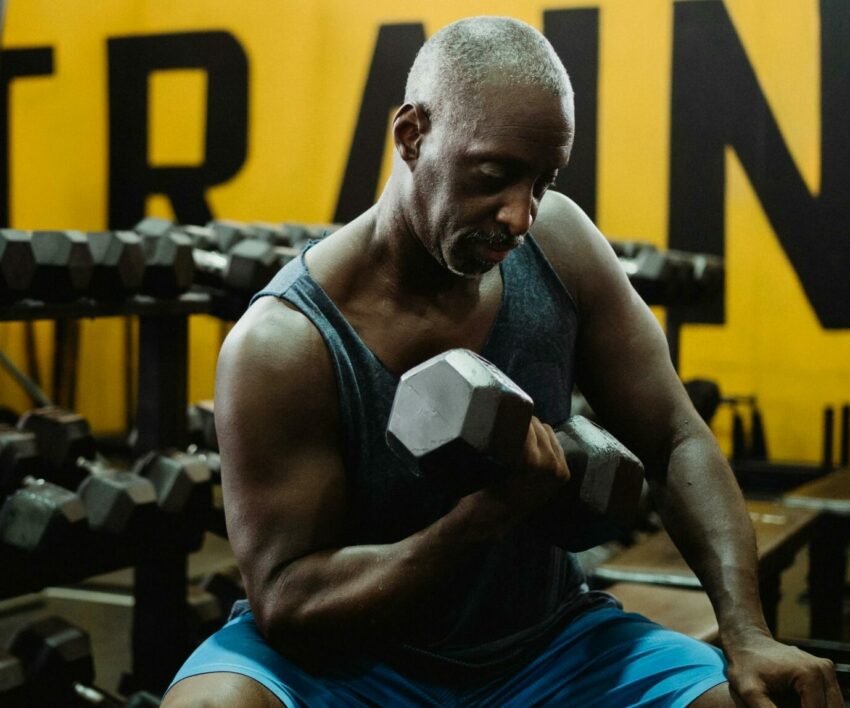
Body image is a big issue in humanity, people are always encouraged to love and embrace their bodies just as they are. This is not always an easy thing to accomplish considering that some people go through life challenges that sometimes change the appearance of their bodies while some are just born with certain features that they don’t like. This then leads to people making means to reshape their bodies.
Be that as it may, some may be suffering from a condition called body dysmorphic disorder (BDD), which causes them to have negative feelings towards their bodies.
Male body dysmorphia specifically, is defined by the Healthy Male publication as a persistent and invasive fixation with a particular body part, be it facial features, body hair, skin tone, hair loss, penis size, or musculature. It is further stated that men affected by this disorder are likely to suffer from anxiety, sadness, emotional and behavioural issues, relationship difficulties, hyperactivity, and a negative quality of life.
According to the National Library of Medicine, Males suffering from body dysmorphic disorder are typically fixated on their noses (size or shape), genitalia, hair (thinning), and skin (e.g. acne or scarring). The majority of males who suffer from body dysmorphic disorder engage in time-consuming, repetitive behaviours that are meant to hide, correct, or explore their perceived flaws. “The most common are mirror checking, comparing themselves with others, camouflaging (for example, with a hat), reassurance seeking, and excessive grooming.”
If you are a man and you are living with this disorder, there are ways you can be helped. Several medical practitioners suggest a few techniques that you implement to lessen the symptoms and treat the condition.
Cognitive behavioural therapy: According to the Recoverlution online publication, cognitive behavioural therapy (CBT) is the only talk therapy backed by clinical research as an effective treatment for body dysmorphia disorder.
Consistently take medication: According to the Cleveland Clinic, the majority of BDD sufferers who get medication-based therapies report feeling better and having fewer symptoms. “Consult your healthcare provider before stopping these medications. You run a far higher risk of self-harm or suicidal thoughts when you do this, as well as serious side effects.”
Keep away from cosmetic surgery: Cleveland Clinic believes that cosmetic surgery and related operations are often ineffective even though many BDD sufferers feel it is necessary to modify their appearance. “In fact, it’s more likely that the changes in appearance from surgery or other cosmetic procedures will provoke BDD symptoms or make them even worse.”
Those living around people with the condition can offer their support by doing the following;
Listen to him: The Cleveland Clinic states that, as a supportive friend of family member you need to listen to the man and show them they’re not alone. Avoid dismissing their concerns, as it may make them feel isolated. “Also avoid judging or arguing, as it may hinder their ability to process evidence.”
Encourage them to seek care: Stigma can hinder their access to mental health services. “Talking positively about mental healthcare can reduce stigma and make it easier for them to seek help. Offer to help with appointments or scheduling.”
Also see: Here’s when and why a man should see a urologist




